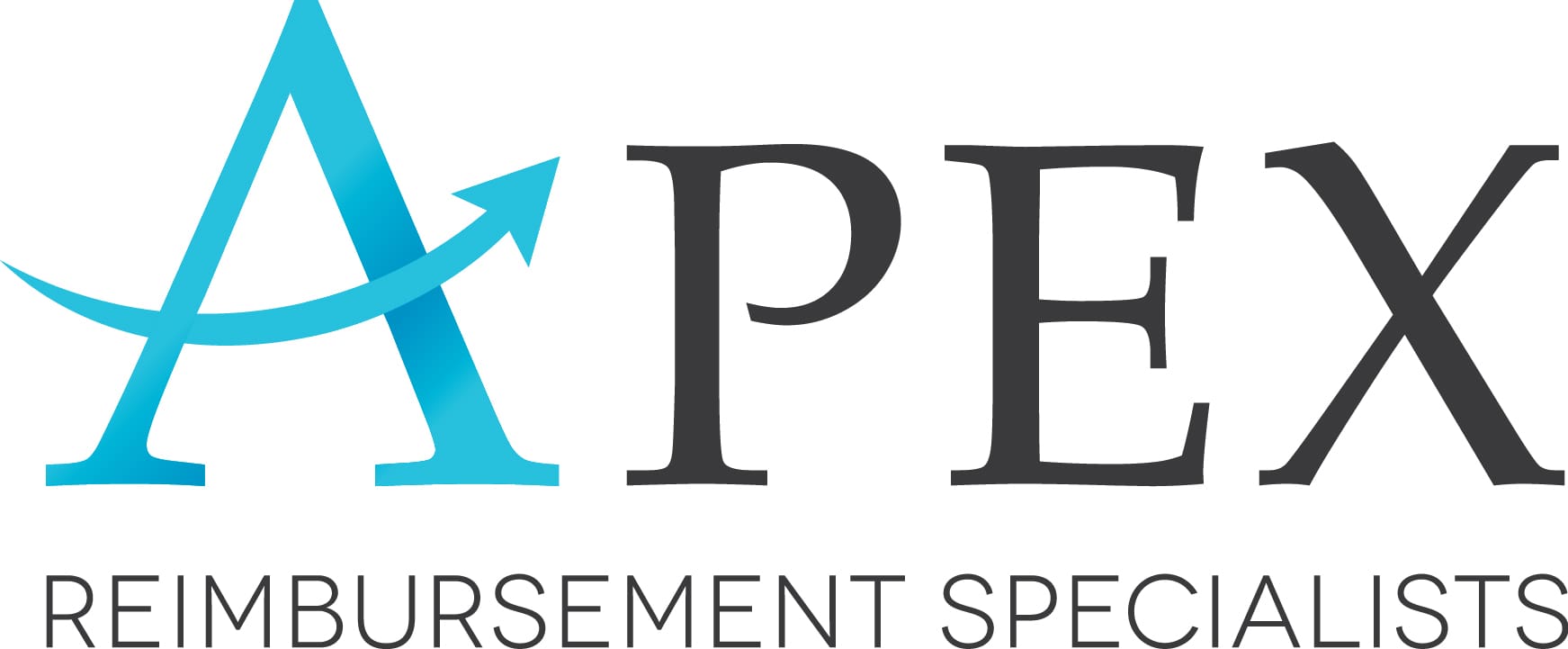HIPAA compliance matters, whether you’re a private practice family physician or a dentist. As dental practices grow in size and collect patient information and payment data, the importance of HIPAA certification for every practice employee increases. Are you compliant?
Are Dentists Subject to HIPAA?
HIPAA rules for dental practices are applied to any office that electronically transmits claims, eligibility requests, claim status inquiries, pre-determinations or treatment authorization requests. If the above requests are sent to a payer or a third party with access to personal health information, HIPAA regulations come into play. All office employees should maintain HIPAA certification to fully understand procedures for the use, disclosure and safeguarding of protected health information (PHI).
Violations Are No Laughing Matter
One of the primary reasons why HIPAA certification is so important is the serious costs associated with a single HIPAA violation. Furthermore, the errors can happen as a result of your practice or the third parties that you work with. Due to the complexity and rigor of HIPAA standards, it can be easy to make a costly mistake. What are some of the most common mistakes that lead to HIPAA violations?
- Failing to encrypt patient data
- Not backing up patient data
- Failing to discard and destroy papers and devices containing PHI properly
- Sending PHI electronically without proper encryption
- Disclosing too much PHI over voicemail
- Using a cloud service without much security, like Dropbox, to store and transmit patient data
- Not protecting access to PHI
The Office for Civil Rights, which oversees HIPAA, sends out periodic surveys to healthcare practices to learn about HIPAA practices. If the OCR is unsure of your compliance, your practice will end up in a pool of practices that might be audited. If you are audited, you will receive an in-person visit from an auditor. An audit can last for up to 18 months, and the average one leads to $10,000-$15,000 in fines.
How Can You Maintain Compliance for Your HIPAA Certification?
- Have your practice undergo a network, device and computer vulnerability assessment annually to ensure compliance.
- Complete regular audits of your practice to identify weak spots before you end up being audited by OCR.
- Annual HIPAA training is required by law, and all of your dental practice’s employees should undergo it annually.
- Create HIPAA compliance policies for your office and use them in your onboarding and annual trainings. For best results, make it clear what each staff member is responsible for an explain the ramifications of not following HIPAA guidelines.
Partner with APEX Reimbursement Specialists
The experts at APEX Reimbursement Specialists can help you to explore the best options for your continued growth and sustained success. Contact our team today by calling (410) 710-6005. We look forward to working with you to make your practice a more profitable place.

